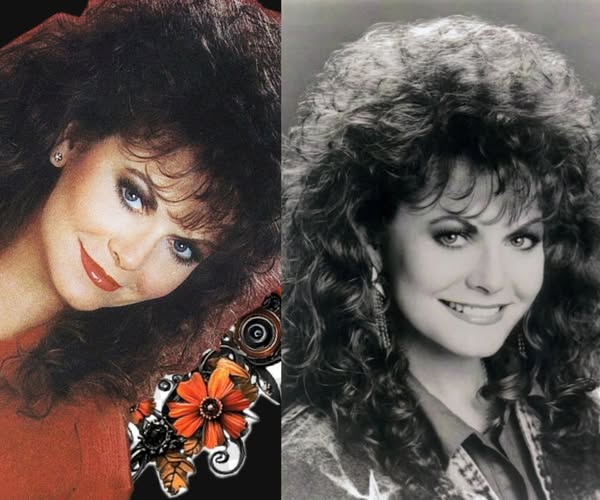The world of country music is in deep mourning following the heartbreaking news of the passing of Jeannie C. Riley, the beloved and trailblazing voice behind the groundbreaking 1968 smash hit “Harper Valley PTA.” Riley died peacefully at the age of 86, leaving behind a legacy that forever changed the landscape of American music.
Born on October 19, 1939, in Anson, Texas, Jeannie C. Riley rose from humble beginnings to become one of the most recognizable voices in country and pop music. Her meteoric rise to fame came with the release of “Harper Valley PTA”—a sharp-tongued, narrative-driven song that resonated with millions for its bold criticism of hypocrisy in small-town society. The song not only became a No. 1 country hit but also topped the Billboard Hot 100 chart, making Riley the first woman to achieve such a feat with the same song. It marked a seismic cultural moment—both musically and socially.
Riley’s distinct voice, fearless attitude, and unapologetic approach to storytelling helped her break barriers in an era when the country music scene was largely male-dominated. With her mod dresses, go-go boots, and unflinching lyrics, she ushered in a new, liberated image of the female country artist. At a time when many women in the industry were expected to fit a certain mold, Riley proudly stood apart—making it clear that she had something important to say.
Her debut album, also titled “Harper Valley PTA,” was a commercial success and established her as a formidable force in the industry. In the years that followed, she released a string of notable hits including “The Girl Most Likely,” “There Never Was a Time,” and “Country Girl.” While her subsequent records didn’t match the monumental success of her debut single, Riley remained a consistent and respected presence on the country charts.
In the mid-1970s, Jeannie C. Riley experienced a spiritual awakening and transitioned to gospel music, choosing to dedicate her life and voice to her Christian faith. This decision reflected her deep personal convictions and added another dimension to her musical legacy. Her gospel recordings—such as “From Harper Valley to the Mountain Top”—were heartfelt and filled with the same raw honesty that had always defined her work.
Beyond her music, Riley was also an author. She released her autobiography From Harper Valley to the Mountain Top in 1980, sharing her struggles with fame, personal battles, and spiritual transformation. Her openness and vulnerability helped many fans connect with her on an even deeper level.
Throughout her career, Jeannie C. Riley was recognized with numerous accolades, including a Grammy Award for Best Female Country Vocal Performance and several Country Music Association nominations. Her impact went beyond trophies; she became an icon for women in country music and a symbol of resilience, authenticity, and strength.
Fans, fellow artists, and industry leaders have taken to social media to pay tribute to her life and legacy. Messages of gratitude and sorrow have poured in, remembering Riley as a fearless pioneer, a compassionate soul, and a voice that could never be forgotten.
“Jeannie broke the mold and paved the way for the rest of us,” one tribute read. “She sang the truth and did it her way.”
Jeannie C. Riley is survived by her family, including her daughter Kim, as well as countless fans whose lives were touched by her music. Plans for a memorial service have not yet been announced, but the country music community is expected to honor her with heartfelt tributes in the days and weeks ahead.
Though she is no longer with us, Jeannie C. Riley’s voice will echo through generations. Her songs, her spirit, and her courage to stand tall in the face of judgment will continue to inspire not just musicians, but anyone brave enough to speak their truth.
Rest in peace, Jeannie. You taught us all how to walk proudly through Harper Valley—and far beyond.

Leave a Reply